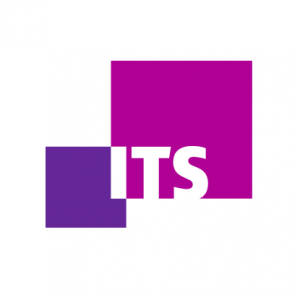What is Brazil’s Vision for Artificial Intelligence?
Column by Ronaldo Lemos published in Folha de São Paulo.
published in
9 de April de 2024
categories
theme
The Senate aims to pass AI regulation this month, but consensus is still lacking.
The Senate has announced its intention to approve a bill regulating artificial intelligence by the end of April. This is surprising, given the lack of agreement on how to address the issue. While there is consensus on the potential problems AI may bring, the proper solutions remain unclear. In this uncertain landscape, it’s evident that society needs to play a more active role in shaping AI regulation.
The bill currently under consideration in the Senate has a fundamental flaw. It is modeled after the European Union’s AI Act. But is whatever works for Europe necessarily the right fit for Brazil? This assumes that solutions designed for Europe will be just as effective here. Interestingly, some suggest that because Europe hasn’t successfully exported technology, it is now exporting technology legislation instead.
Another issue is that society has largely been left out of the regulatory discussion. Key stakeholders across various economic sectors, academia, civil society, and the scientific community have not had a meaningful opportunity to contribute to the drafting of the legislation. The consultations held so far have been insufficient, and in the final versions of the legislative texts, the voices of lawyers have predominated.
It’s also worth noting that the European AI law hasn’t even been tested yet, as it won’t fully come into effect until 2026. If the Senate votes for a similar law, we’ll find ourselves in a rather odd situation: adopting legislation whose impact remains unknown, even in its place of origin.
Before regulating artificial intelligence, we must first ask: “What does Brazil want from artificial intelligence?” Any regulation must be grounded in the answer to this question, and that answer must come from society itself. Only through broad participation can we address the complexities of AI, which touches every aspect of our lives.
Brazil indeed seeks protection from the risks AI can pose. That’s why the Superior Electoral Court (TSE) has already addressed one of the most pressing concerns: the impact of AI on the 2024 elections, including deepfakes. By resolving this urgent issue, the TSE has given us the time we need to address broader questions, such as the country’s strategy and competitiveness in AI. These are matters that require careful consideration – there’s no need to rush at this moment.
Moreover, last Friday, the Federal Court of Auditors (TCU) published a significant report that sharply criticized the bill currently before the Senate. According to the TCU: “The bill emphasizes the reckless aspect of AI in the country, at the expense of adopting guidelines that could promote the responsible development of technology. Disproportionate regulation could result in excessive time and money spent complying with complex rules, rather than fostering investment in technological advancement.”
It would not be very reassuring if AI regulation in Brazil were merely imported from another model. It would also be disappointing if society were not genuinely involved in the process. It’s important to remember that the European AI law took four years to draft, with contributions from various societal committees. The U.S. has relied on extensive public consultation to shape its AI regulation. Taiwan has initiated an ambitious process to gather input from the entire population. Brazil has successfully engaged society in policy-making before, as seen with the Civil Rights Framework. It’s now time for society to once again take an active role in shaping one of the most critical issues of our era – artificial intelligence regulation.
*
What’s out: Regulating artificial intelligence without broad societal input.
What’s in: Countries that boldly chart their own course in AI regulation.
What’s next: Braziliansociety’s mobilization to participate in AI regulation.

